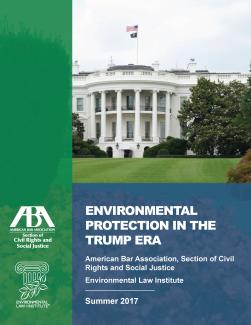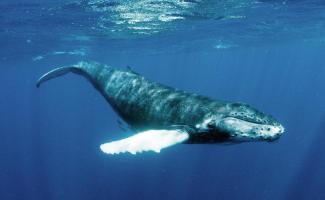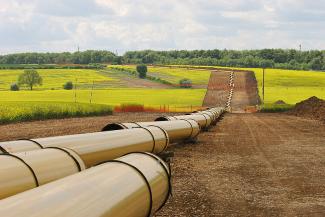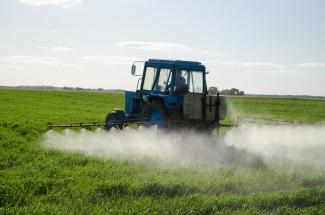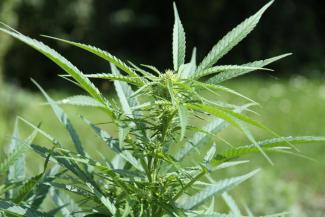2nd Inter-American Congress on the Environmental Rule of Law Convenes in Santiago, Chile

On September 4-6, the Organization of American States (OAS), UN Environment, the Global Judicial Institute on the Environment (GJIE), the World Commission on Environmental Law (WCEL), the Supreme Court of Chile, and other partners convened the 2nd Inter-American Congress on the Environmental Rule of Law in Santiago, Chile.

